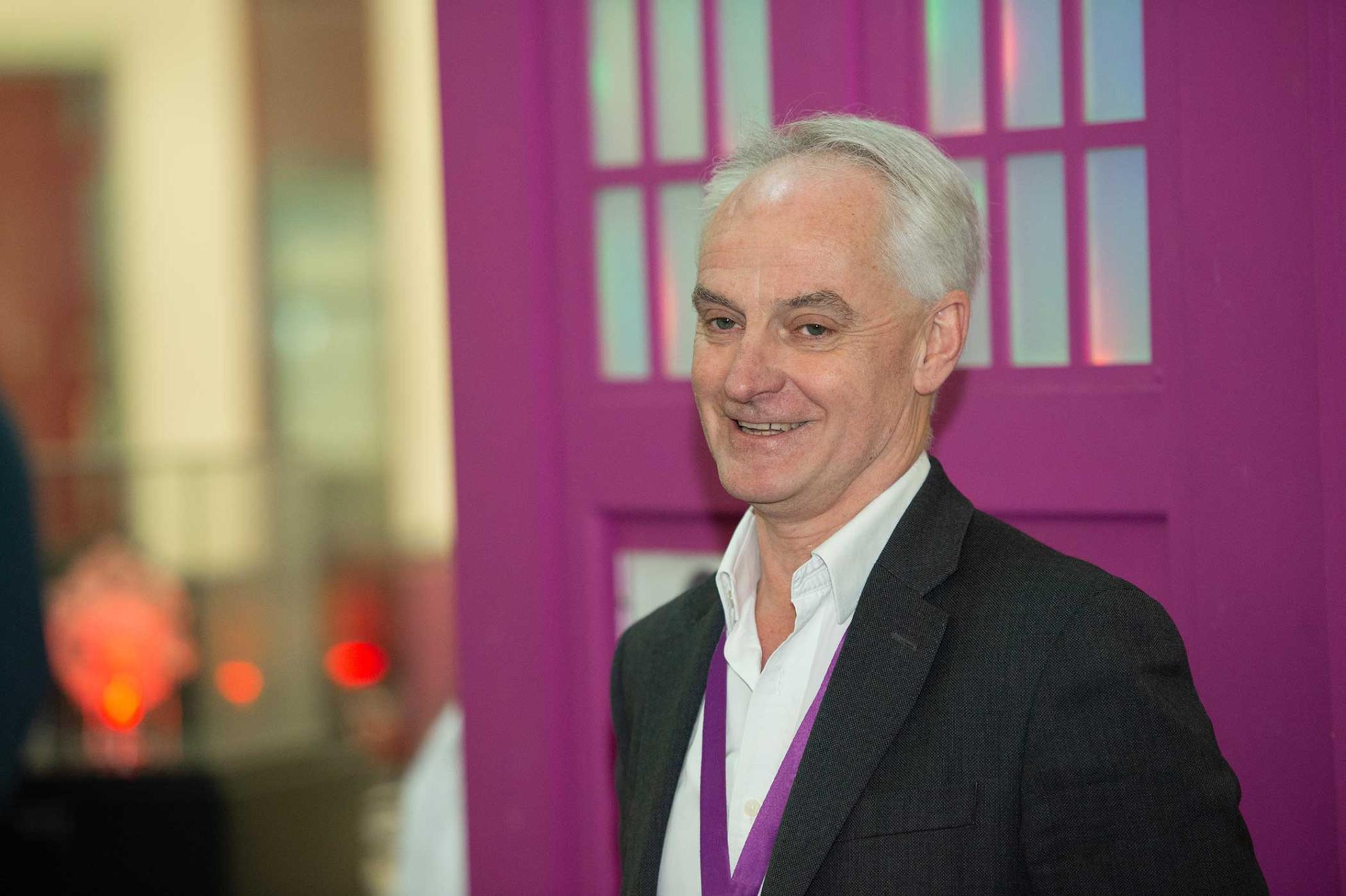Professor Bryan Charleston, Director and CEO of The Pirbright Institute has been elected a Fellow of the Royal Society.
Internationally renowned, Professor Charleston is an expert in host-pathogen interactions related to major viral diseases that affect livestock. His research findings have contributed significantly to the development of preventive measures against infectious diseases, which has had a positive impact on both human health and food security.
Professor Charleston's research focuses on the control of diseases through the understanding of mechanisms involved in persistent infection, virus transmission, and vaccine development. Working with natural hosts is vital to inform disease control strategies, but this approach presents challenges in experimental design. Nevertheless, his research has led to the development of new reagents and innovative methods that have not only helped control disease and improve food security but have also made significant contributions to the broader field of comparative biology.
Being elected as a Fellow of the Royal Society is a great honour and privilege for any scientist, but it also comes with great responsibility. For both Professor Charleston and Pirbright, this prestigious recognition provides an opportunity to make a significant impact in the bioscience field, furthering the Institute’s mission of advancing scientific knowledge and contributing to human health and food security.
The Royal Society is the independent scientific academy of the UK, dedicated to promoting excellence in science for the benefit of humanity. To be elected as a Fellow, candidates must have made 'a substantial contribution to the improvement of natural knowledge, including mathematics, engineering science and medical science'.
The 2023 elections saw around 800 candidates nominated for election as Fellows and Foreign Members. The candidates are put through a rigorous application process, where they are shortlisted to around 80 Fellows and Foreign Members.
On being elected as a Fellow of the Royal Society, Professor Charleston said “It is an honour to be elected to the Royal Society which I believe also highlights the importance of gaining new knowledge to improve the control of infectious disease”.
Chair of the Pirbright Trustee Board, Professor Vince Emery said, “As a Fellow of the Royal Society, there is opportunity to work alongside some of the most influential and accomplished scientists in the world, to collaborate on ground-breaking research projects that could change the course of scientific progress and influence policy. This brings exciting prospects for both Professor Charleston and The Pirbright Institute”.
Sir Adrian Smith, President of the Royal Society said: “I am delighted to welcome our newest cohort of Fellows.
“These individuals have pushed forward the boundaries of their respective fields and had a beneficial influence on the world beyond.
“Among this year’s intake are individuals who were at the forefront of the response to the COVID-19 pandemic response, and those working on global challenges, from TB to climate change. They are pioneering scientists and innovators from around the world who have confounded expectations and transformed our thinking.
“This year’s intake have already achieved incredible things, and I have no doubt that they will continue to do so. I look forward to meeting them and following their contributions in future.”
For the full list of elected Fellows, see the Royal Society website.
